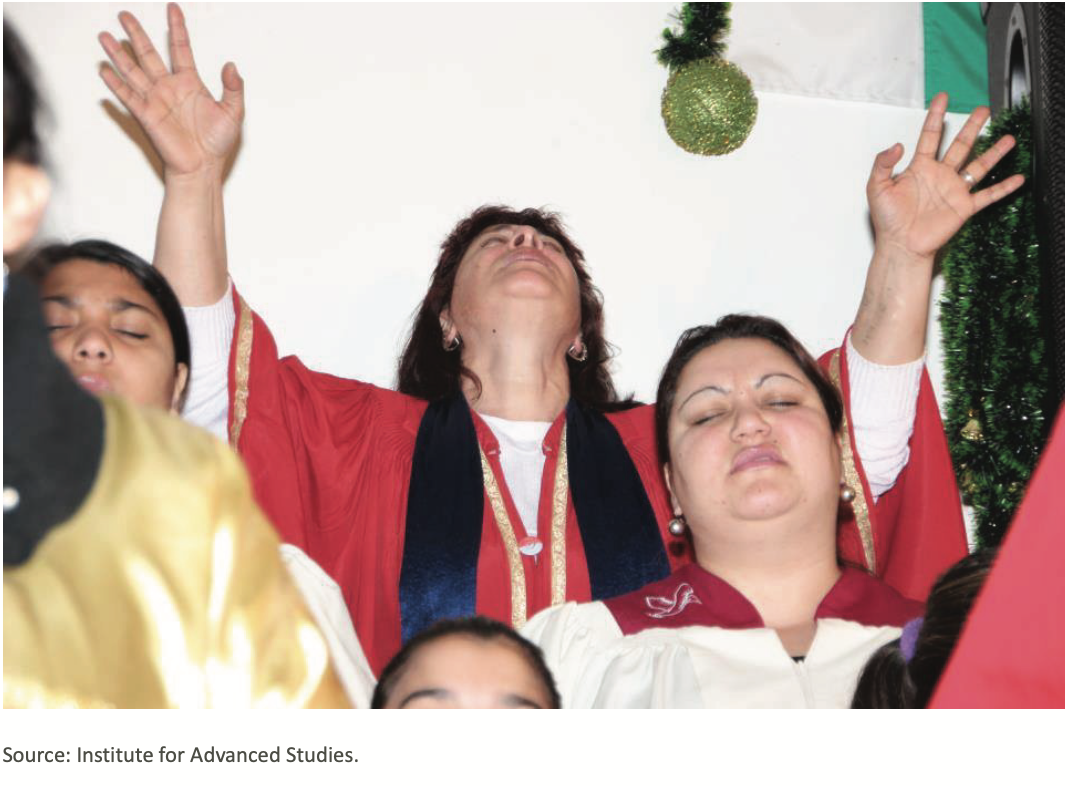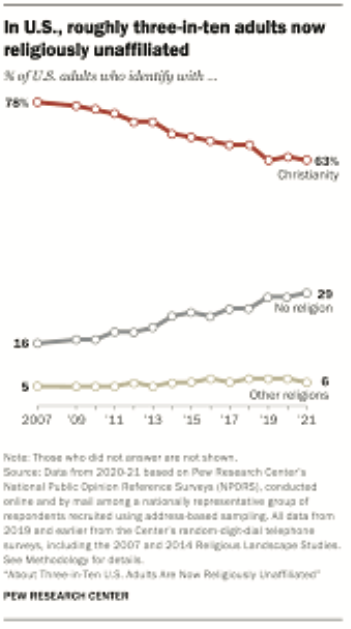A study finds that Roma people living in Spain report greater perceived discrimination if they are evangelical rather than Catholic. Evangelicalism has grown sharply among Roma people in Spain, with a majority now identifying as evangelical (62 percent). In the study published in the journal Ethnicities (21:6), Rosa Maria Aisa and Gemma Larramona of the University of Zaragoza analyzed data on the Spanish Roma from Spain’s Economically Active Population Survey (SRPS), which asks about respondents’ religious affiliation and perceptions of discrimination. They found that evangelical Roma (mostly Pentecostals) did perceive discrimination more than those Roma identifying with the country’s majority religion, Catholicism, once other socio-economic and demographic factors were controlled for. The researchers write that this finding “corresponds with increased prejudice against minority religions considered to be sects….Catholic organizations maintain a de facto monopoly on religion, especially in education, and religious diversity has not been well accepted by mainstream public opinion.”
(Ethnicities, https://journals.sagepub.com/home/etn)



